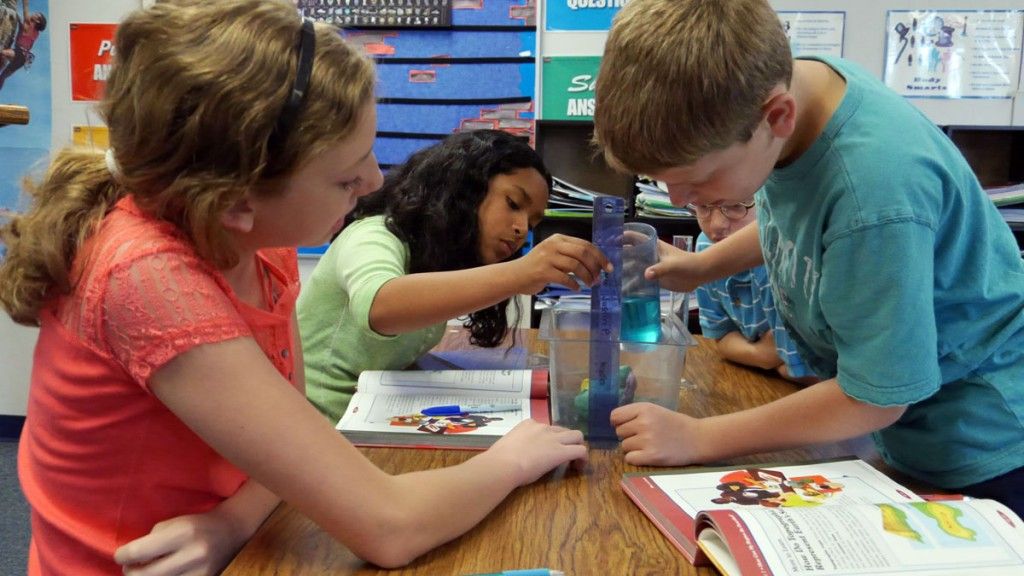Project-based learning (PBL) is an innovative teaching approach that shifts the focus from traditional lectures and rote memorization to hands-on, real-world experiences. In PBL, students work on projects that are meaningful, engaging, and relevant to their lives. This educational method is gaining popularity in schools around the world because it promotes critical thinking, collaboration, creativity, and problem-solving skills.
One of the key benefits of project-based learning is that it helps students develop a deeper understanding of the subject matter. Instead of passively absorbing information from textbooks or lectures, students actively engage with the material by working on projects that require them to apply what they have learned in class. This hands-on approach not only improves retention but also helps students see the relevance of their learning to the real world.
Another advantage of project-based learning is that it fosters collaboration among students. Many projects require teamwork and cooperation to be successful, which helps students develop important social skills such as communication, conflict resolution, and leadership. By working together towards a common goal, students learn how to support each other’s strengths and compensate for weaknesses.
Furthermore, project-based learning encourages creativity and innovation. When given the freedom to explore a topic through a project, students can come up with unique solutions and approaches that go beyond what may be taught in a traditional classroom setting. This creative process allows students to think outside the box and develop their problem-solving skills in new ways.
Additionally, project-based learning prepares students for success in the 21st-century workforce. In today’s rapidly changing world where technology plays a crucial role in nearly every industry, employers are looking for workers who can adapt quickly, collaborate effectively with others, think critically about complex issues, and innovate solutions to problems. Project-based learning equips students with these essential skills by providing them with authentic opportunities to practice them in a supportive environment.
Implementing project-based learning in schools requires careful planning and support from teachers and administrators. Teachers play a crucial role in designing engaging projects that align with curriculum standards while allowing for student autonomy and exploration. They also need to provide guidance throughout the project process by offering feedback, facilitating discussions among team members when conflicts arise,and helping students reflect on their progress.
Administrators can support project-based learning by providing resources such as time,supplies,and professional development opportunities for teachers interested in implementing this approach.In addition,schools can create spaces such as maker spaces or innovation labs where students can work on their projects collaboratively using tools like technology,equipment,and materials.
In conclusion,PBL offers numerous benefits for both educatorsandstudents.Itpromotesdeeperlearning,collaborationcreativity,andpreparessudentsforsuccessinthe21stcenturyworkforce.Byimplementingprojectbasedlearninginschools,wecanempowerstudentstopursuetheirpassions,becomecriticalthinkersandsolvingrealworldproblemsaswellasdevelopingvitalsocialandemotionalintelligenceskills.Thisinnovativeapproachtoeducationhasalastingimpactonstudents’livesandredefineswhatitmeanstoengagewithknowledgeandlearninginamodernworld.

Leave a comment